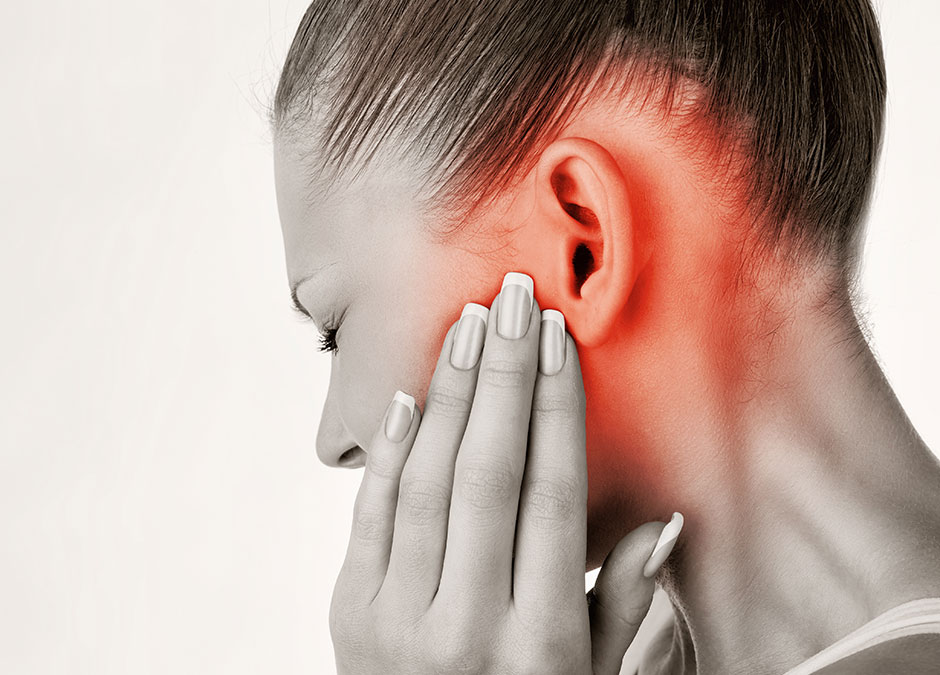Symptoms of TMJ Disorder
TMJ disorder is characterized by pain in the jaw area. It can be difficult, at times, to diagnose TMJ disorders as most people confuse it for toothaches. Another characteristic of TMJ disorders is pain when one moves their jaw. Many victims of this disorder often report popping sounds when they talk or chew food. At advanced levels, a TMJ disorder may cause the jaw to lock in place, meaning the victim is often left unable to open or close his or her mouth. In some cases, pain may be felt in the neck area as well as the face.
TMJ Disorder and Ear Pain
One common symptom of TMJ disorders is ear pain. In fact, many patients suffering from TMJ disorders often go to an ENT specialist thinking that they have an ear infection. In many cases, it takes a while before the right diagnosis is made. When a TMJ disorder affects the ears, the patient may either experience a sharp pain in the ear or a low-level dull ache. Understanding TMJ disorders helps a patient seek the right specialist especially if the ear pain is accompanied by some of the symptoms we described above.
TMJ Disorder Treatment
If the TMJ disorder is caused by an inflection, treatment with antibiotics and anti-inflammatories often do the trick. Another approach to treating TMJ disorders is through the use of muscle relaxants which reduce muscle spasms and bring relief to the patient. Often, the doctor will try to address the underlying problem; thereby, providing a lasting solution. For example, if the TMJ disorder is caused by grinding of teeth or bruxism, the doctor will treat that problem while simultaneously addressing the TMJ disorder. In some cases, the doctor may opt to use physical therapy where a variety of exercises are done in order to stretch and relax the jaw and the affected muscles. Conveniently, most patients suffering from TMJ disorders find relief using a splint or oral device to mitigate the underlying cause and reduce symptom severity of many TMJ disorders.
Getting Treatment
If you are having an earache, it does not automatically mean that you have a TMJ disorder. One way of arriving at the correct diagnosis is to see if the ear pain is accompanied by other symptoms such as locked jaw or popping sounds. However, the sure-fire way of getting to the bottom of the problem is talking to a specialist for a medical assessment.




